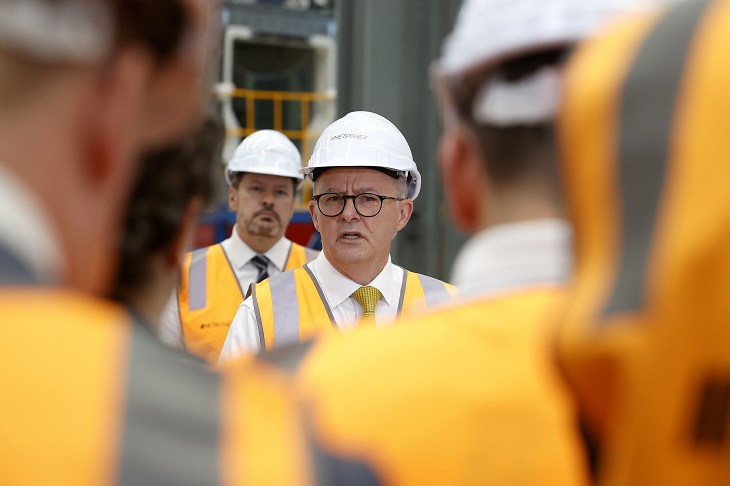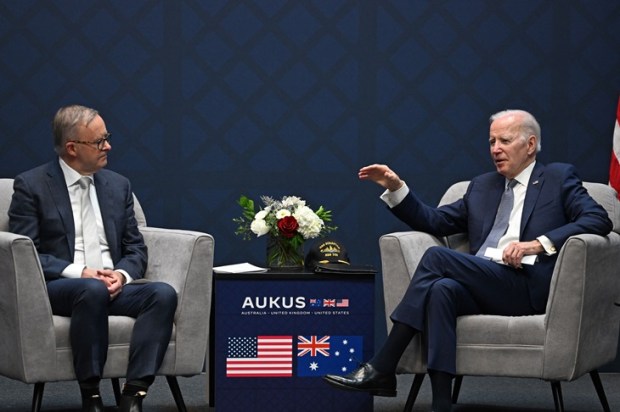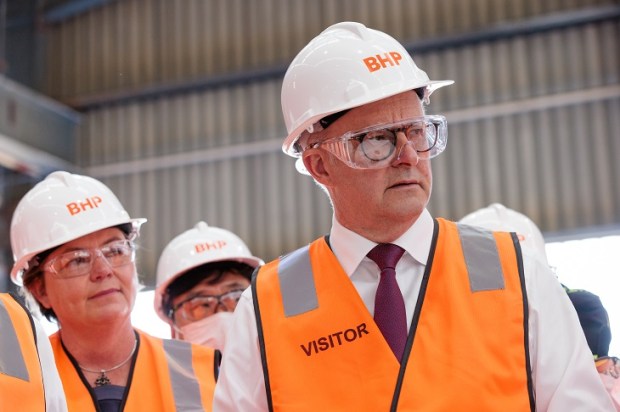If you thought that housing was expensive, wait until the feral construction unions get their hands on the domestic housing construction sector. The legal seeds for this long-held union ambition are to be planted later this year by the Albanese government.
The process is to force every independent tradie into the clutches of the industrial relations system by imposing a de facto, compulsory unionism on housing tradies through the backdoor.
Currently, tradies are their own bosses because they work under commercial contracts not employment contracts.
Already a subscriber? Log in
Subscribe for just $2 a week
Try a month of The Spectator Australia absolutely free and without commitment. Not only that but – if you choose to continue – you’ll pay just $2 a week for your first year.
- Unlimited access to spectator.com.au and app
- The weekly edition on the Spectator Australia app
- Spectator podcasts and newsletters
- Full access to spectator.co.uk


























Comments
Don't miss out
Join the conversation with other Spectator Australia readers. Subscribe to leave a comment.
SUBSCRIBEAlready a subscriber? Log in